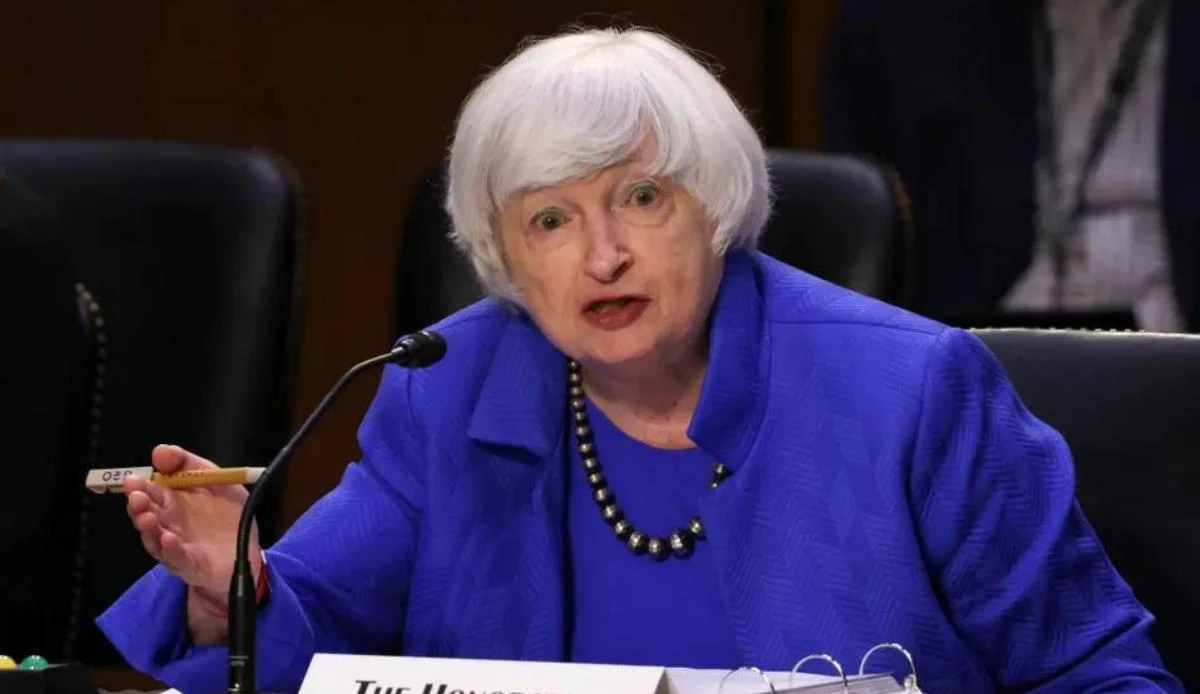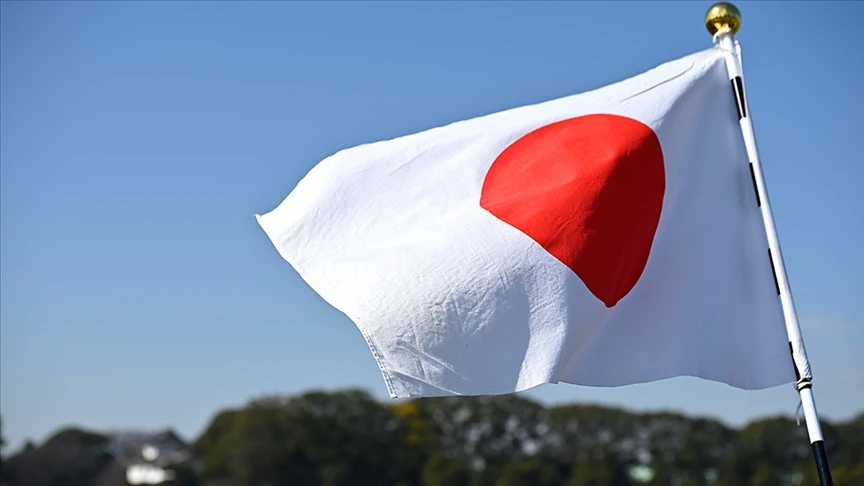US takes tough stance against China’s industrial overcapacity

U.S. Treasury Secretary Janet Yellen expresses her opposition to cheap Chinese goods flooding international markets, a condition she says the U.S. would not accept
As high-level negotiations in China came to an end Monday, U.S. Treasury Secretary Janet Yellen emphasized America’s position against cheap Chinese goods flooding international markets, a condition she said the United States “will not accept.”
Yellen echoed worries about China’s surplus industrial capacity during four days of discussions with leaders of industry and government in Guangzhou and Beijing. She cautioned that the backing provided by the Chinese government was resulting in an excess of manufacturing capacity, especially in areas like solar and electric cars, which would stunt the expansion of other industries.
Yellen gave historical examples, pointing out that cheap steel from China had proliferated on international markets because of previous Chinese government backing, severely damaging businesses across the board, including the U.S.
At a press conference held at the house of the U.S. ambassador, Yellen declared, “I’ve made clear that President Biden and I will not accept that reality again.” She focused on the fact that America’s partners and allies have similar worries.
Yellen underlined that a shift in Chinese policy would be “necessary and appropriate,” but she did not commit to any particular measures that Washington would take. She made it clear, though, that America does not aim to cut off ties with China.
Seeking to take the matter up to the top echelons of Chinese governance, Yellen brought up the matter with Premier Li Qiang following extensive talks with Vice Premier He Lifeng.
China’s low family spending and high corporate investment, which she attributed to significant government backing in certain economic sectors, were of particular concern to Yellen.
On the other hand, China dismissed these worries. Wang Wentao, the minister of commerce, brushed off concerns about overcapacity as “groundless,” official media said.
Even said, there are indications of stability in other sectors of bilateral ties between the two nations. Talks on working together on matters like debt restructuring, money laundering, and climate change were made public by both parties.
Remarking to reporters, Yellen expressed her want for more stable relations: “I do not want to see the U.S. economic relationship or overall relationship with China deteriorate and fray.”
In her remarks, Yellen also touched on issues of national security, warning Chinese authorities not to back Russia’s military acquisition plans and advocating for openness in using economic sanctions in that regard.
Transparency in China’s national security measures is particularly important, as the U.S. has stressed. China, however, justified its actions, claiming that each nation has a right to protect its security.
Noting American worries about data safety, Yellen brought up the topic of TikTok with her Chinese colleagues, emphasizing the need to find a solution.
A senior fellow at the Stimson Center named Yun Sun believes that Yellen’s discussions with Chinese officials were a good first step for communicating American concerns and comprehending China’s responses. But she issued a warning: China is unlikely to alter its economic paradigm without serious repercussions.
Both parties have made strides in technological collaboration despite obstacles, especially for addressing money laundering.
Source: AFP



